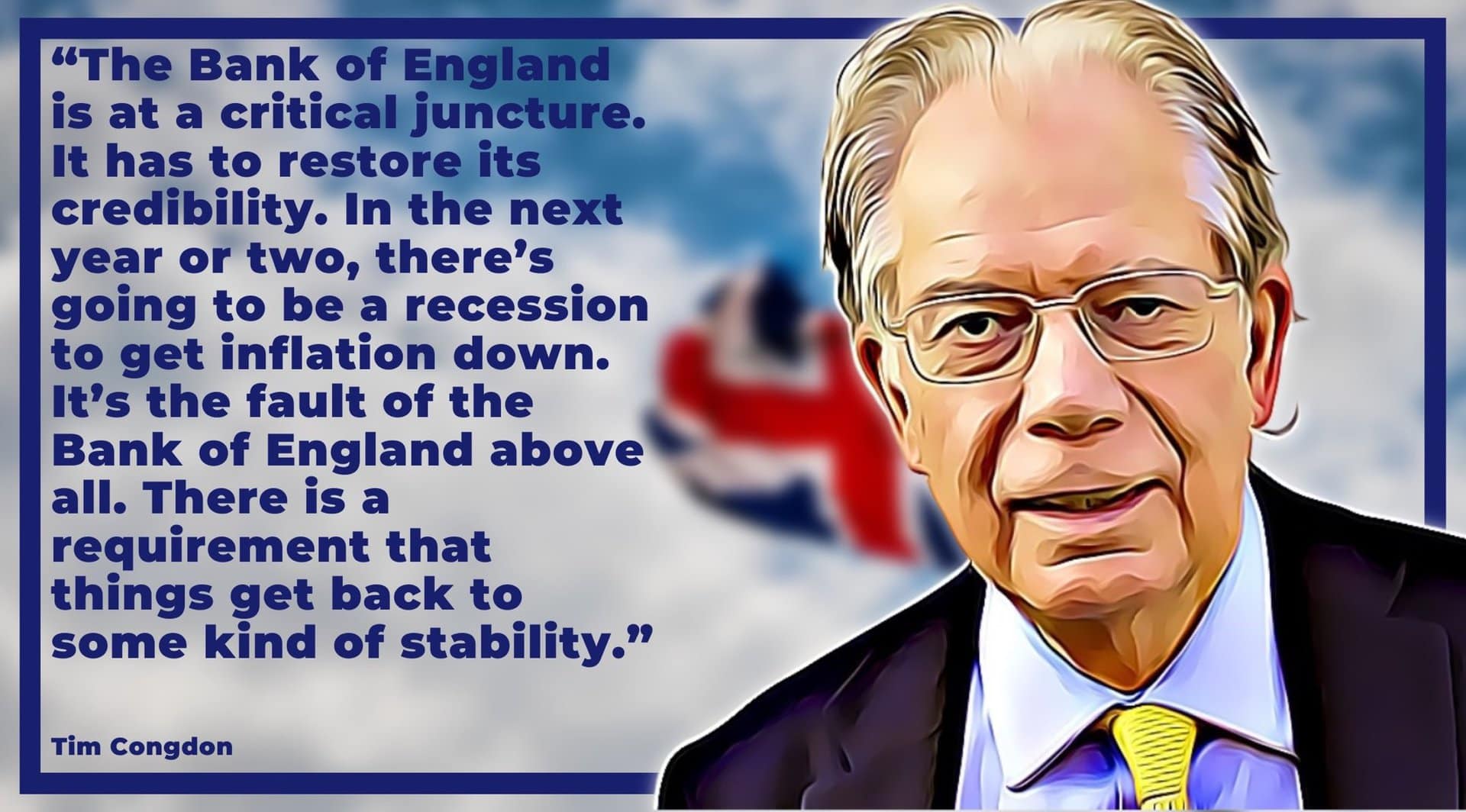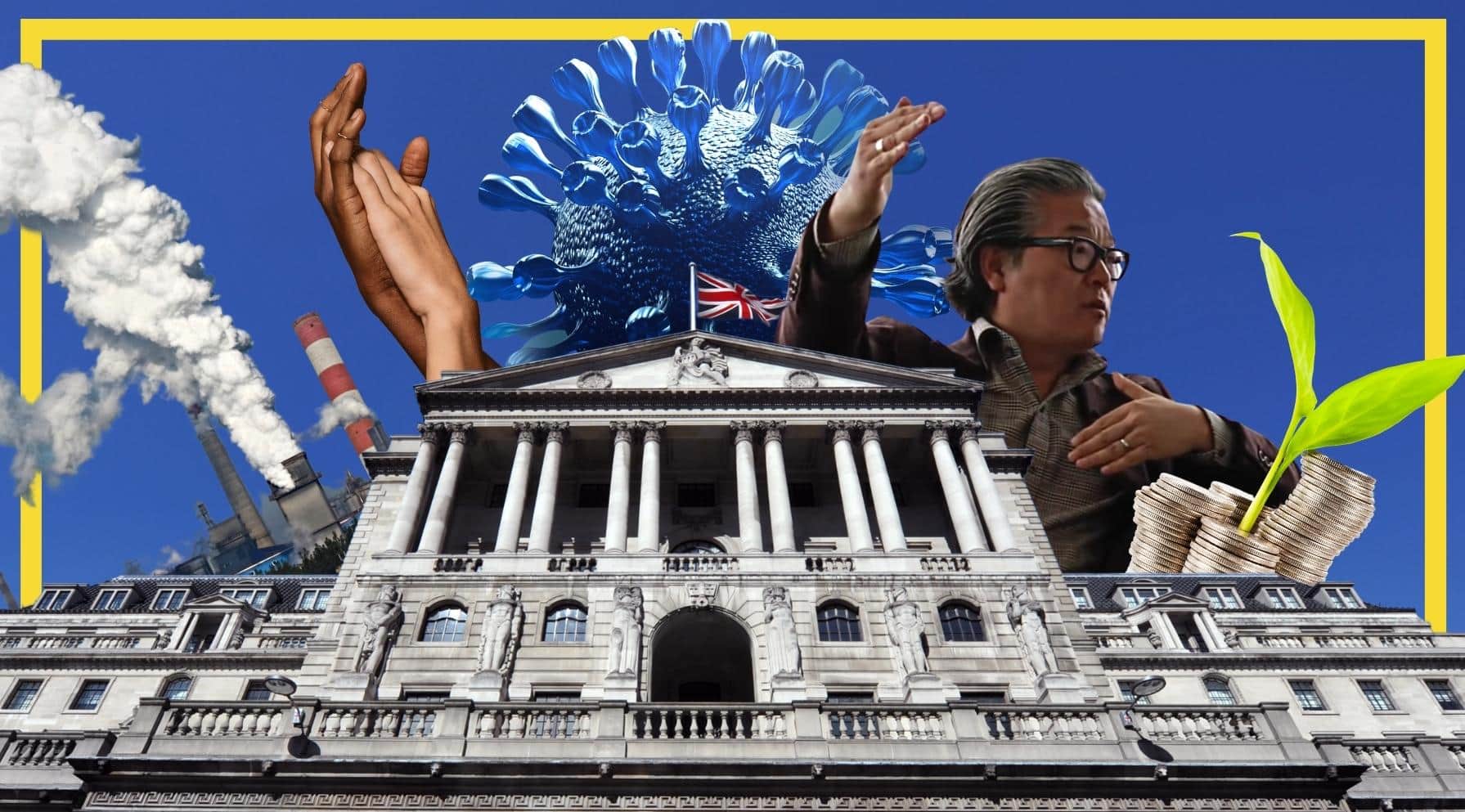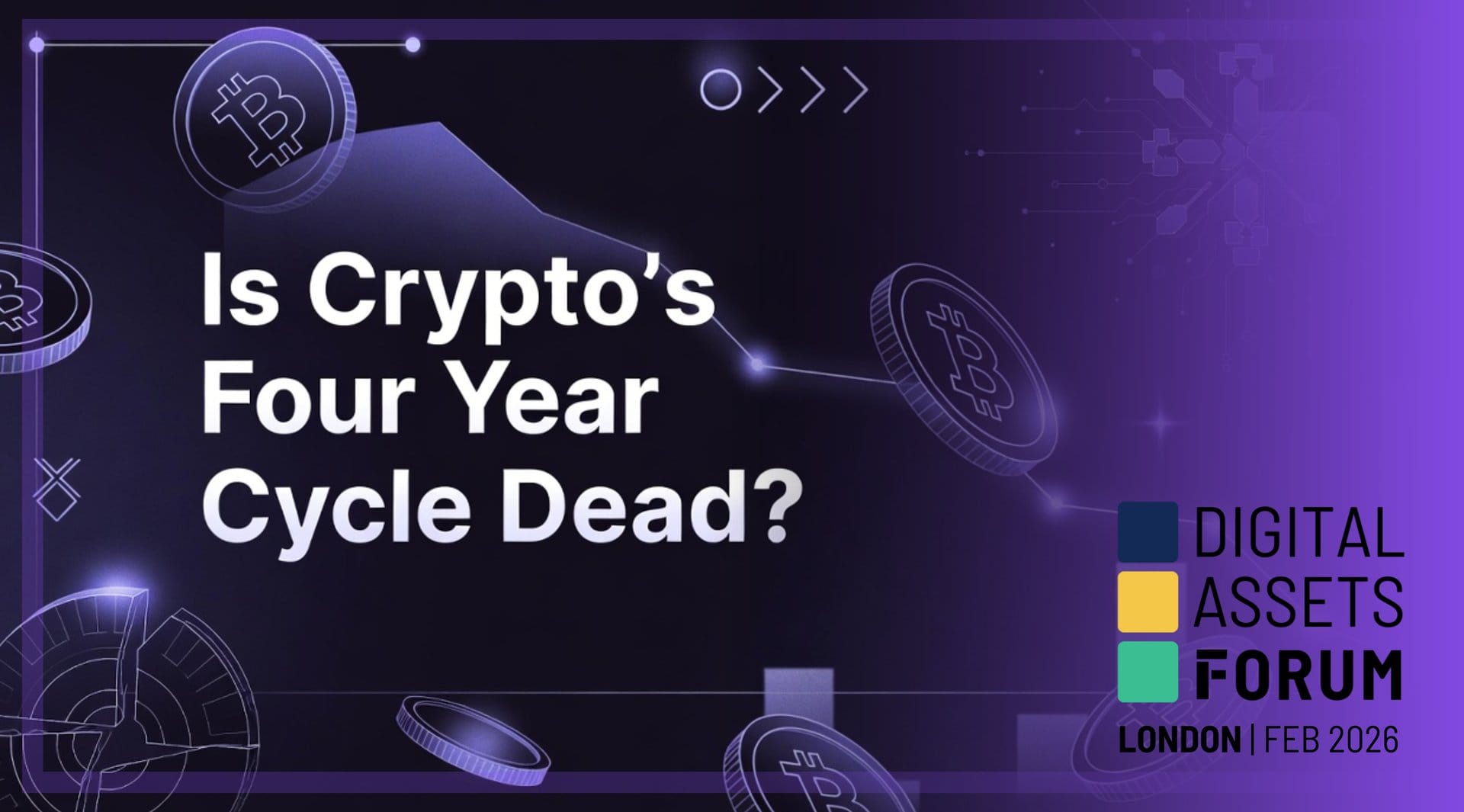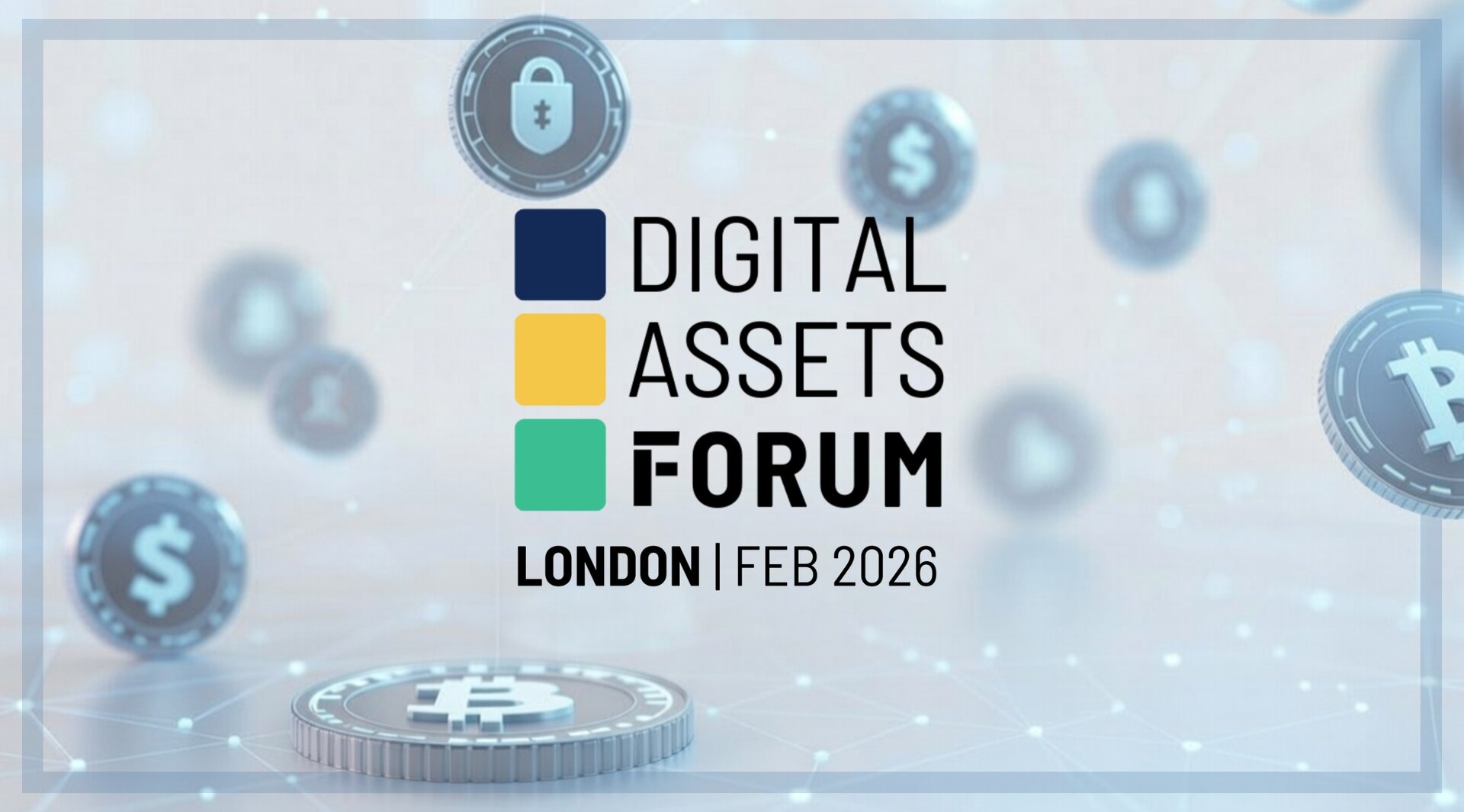The Bank of England is convinced that the country’s persistently high inflation isn’t its fault. It’s because of Brexit. It’s because of the war in Ukraine. It’s because of underpaid workers asking their bosses for raises. None of it can be pinned on the Bank of England or its Governor, Andrew Bailey.
There might be a more straightforward explanation – the central bank completely failed in its job to keep prices under control.
Tim Congdon, an economist and one of the world’s leading monetary analysts, saw inflation coming months before the Bank of England did. His logic was straightforward. As a renowned monetarist, Congdon believes that inflation is fundamentally an issue of money supply. When there is too much money in the economy, prices go up. And so, when the central bank started to print billions of pounds to prop up the economy during the Covid-19 pandemic, inflation, in Congdon’s eyes, was inevitable.
💵 Experts claim quantitative easing is partly to blame for double-digit price riseshttps://t.co/fhF6Nf7e5y
— The Telegraph (@Telegraph) April 18, 2023
“The basic idea of monetarism is that when people hold money to carry out transactions, the amount of money they want to hold is relatively stable compared to their incomes, wealth, and assets,” Congdon told Disruption Banking. “This is true at the level of individuals, companies, and at the level of the economy.”
“Every now and again, there’s a shock. In 2020, there was the Covid pandemic, and governments decided to increase budget deficits to support businesses that were badly affected by lockdowns. And they went to the central bank to pay the bills – what’s called the monetisation of budget deficits,” Congdon added.
“The central bank also decided that there was a big risk of deflation in the medium term, perhaps because of businesses going under as a result of Covid. And so there were large scale asset purchases – quantitative easing. These actions led to a burst of rapid money growth.
“Whereas before, people had an appropriate level of money relative to their incomes and portfolios, they now had too much. It was obvious to me really, from the early weeks of the pandemic, that there would be inflation – potentially double-digit inflation.”
UK inflation hits 41-year high as food and energy prices continue to soar https://t.co/iLAQLJO2V2
— CNBC (@CNBC) November 16, 2022
It seems a straightforward idea. The more of an asset there is, the less it’s worth. That’s true as much of money as it is anything else. “These things are not that difficult,” Congdon said. “How on earth could finance ministers and central banks not see this? It’s a fair question to ask.”
Well, why couldn’t they see this? Congdon believes that part of the explanation is that monetarism – which has long been associated with the conservative right and Thatcherite economics – has gone out of fashion amongst a technocracy more inclined to the neo-Keynesian ideas of the liberal left.
“The other problem is that monetarism is an old theory – it has a very long pedigree in economics, going back to the sixteenth century,” Congdon noted. “There isn’t much economics of that sort. Some people are under the delusion that because a theory is old, it’s bad. My view is that if a theory is old, it’s because it’s robust and meets evidence time and time again over the generations.”
There are also problems at the Bank of England itself, Congdon believes. The quality of its officials, and those sitting on the Monetary Policy Committee (MPC), has declined. “Control of the Bank of England has got into the hands of a handful of Treasury civil servants, and they appoint each other, frankly. It’s a very serious allegation but it’s basically correct,” he said.
“What we’re getting now – I don’t want to mention names – is people who are not British. They’re often rather young. They don’t have a long list of published research. Why have these people been appointed? Well, to some extent, it’s because they won’t show up the others. It’s a cycle of deterioration. The people on the MPC are just not of the quality required,” Congdon explained.
“No other country has foreigners as a major element on its monetary policymaking committee. Why do we do it? It’s all part of this business of Treasury civil servants controlling the whole process,” he added.
“Plainly, to be British, white, middle-class and – worst of all – clever and able: oh no, we can’t have people like that.”
So the only safe #inflation prediction is that neither economists nor the Bank of England know what they are talking about.
— Freddie New (@freddienew) June 21, 2023
A systemic failure to understand the lagging effect of eg 19bn of bond purchases after the Truss mini budget. Flood the system with new money; inflation ⬆️ pic.twitter.com/gONk8JV6by
As a result of these issues at the Bank of England, there have been calls in some quarters to reexamine the concept of central bank independence. Given how poorly central bankers have performed, why should they retain their power to set interest rates? Shouldn’t that be in the hands of elected politicians – who can at least be held to account for failure?
Congdon noted that Milton Friedman – “the champion of sound money and monetarism” – did not believe in central bank independence but was instead in favour of targets for low and stable growth in the quantity of money.
“I am in favour of an independent central bank – but one that knows what it’s doing,” Congdon said. “Interest rate decisions are technical, and they should not be taken by politicians. There’s no need for political involvement, where politicians muck around with interest rates and budget deficits to try and win the next general election – that’s very bad.”
“But if the people at the central bank aren’t looking at the right guides to monetary policy, they will make blunders. One job of the central bank, laid down in statute, is to have low inflation. Therefore, the central bank should be looking at the growth rate of the quantity of money. Not doing so would be like a driver not looking at the speedometer.”
The Bank of England has failed, does it still deserve to be independent? https://t.co/2ZyHyV1cdA
— Jacob Rees-Mogg (@Jacob_Rees_Mogg) June 22, 2023
Many of the problems Congdon identified with the Bank of England are also true of other central banks. That would explain why inflation in the United States and the Eurozone has been at similarly high levels, although not as persistent as in Britain.
However, it is not true everywhere. China saw very low levels of inflation throughout the pandemic and its aftermath. Japan and Switzerland saw some inflation, in response to some acceleration in the growth of money, but nowhere near the levels seen in Britain. Congdon believes that is because they retained their “pragmatism – they simply understood that if you have a rapid growth of money, you’re going to get inflation.” The fact that the Bank of England couldn’t understand the same “is really quite terrifying.”
“The Bank of England is at a critical juncture,” Congdon said. “It has to restore its credibility. In the next year or two, there’s going to be a recession to get inflation down. It’s the fault of the Bank of England above all. There is a requirement that things get back to some kind of stability.”
Can the Bank of England “restore its credibility” after all the damage it has inflicted? Will the institution ever be forgiven for making everybody poorer? Can the central bank and its officials ever be taken seriously again after making what Congdon calls a “gross intellectual error?” The answer is not at all clear.
Author: Harry Clynch

















